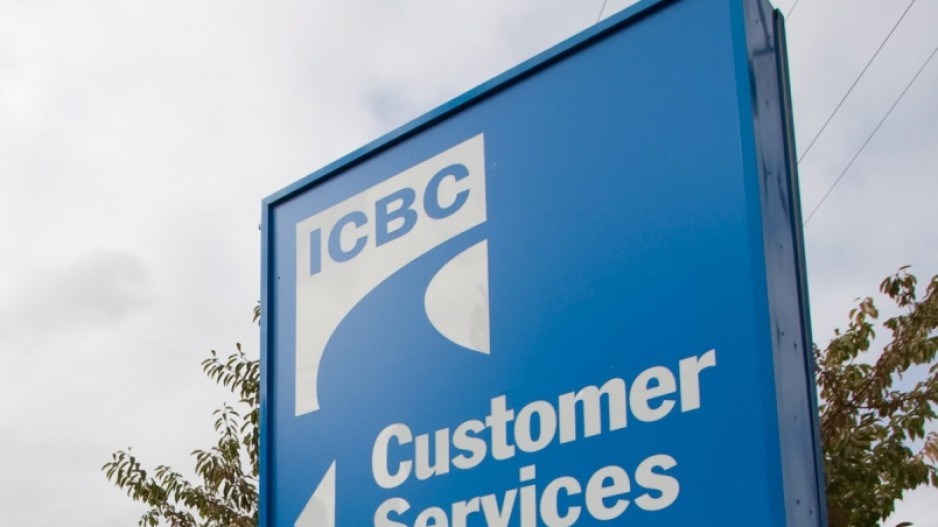ICBC is facing a billion-dollar loss on its investments, but a decline in claims due to the pandemic could yield a surplus, Attorney General David Eby said May 14.
Eby said the COVID-19 situation has led to uncertainty for the Crown corporation, which was on track for a good year before the pandemic hit.
“We don’t know,” he said. “It could be terrible. There could be a significant surplus.”
But, with almost no capital reserves to withstand fluctuations and volatility in the markets and 10 months to go in the fiscal year, Eby said, it is too early to determine whether the pandemic will result in benefits to pass on to drivers.
He blamed that lack of a nest egg on the previous Liberal government.
"ICBC is in a challenging position due to the pandemic, faced with uncertain and unprecedented turmoil in the markets, combined with no financial buffer as a result of the old government's mismanagement," Eby said.
Due to the financial market downturn, ICBC has seen a decrease in the value of its investment portfolio, which puts pressure on its bottom line. Eby and Jimenez said early indications suggest the impact could exceed $1 billion in fiscal 2020-21, depending on the length and scope of the global market downturn. However, the final impact might not be known until next year.
Eby and Jimenez said ICBC opened 46% fewer accident claims (including claims for both damage to vehicles and for injuries) compared with the same time last year with fewer people on the road. That has meant a drop in the number of claims for $158 million in savings for ICBC. However, as restrictions ease, more claims are expected.
They said more than 150,000 customers changed insurance policies by cancelling their policy (103,700) or lowering their rate class (57,561), resulting in a projected $283 million decline in premiums compared with what would be normal for that period.
"ICBC waiving cancellation and re-plating fees alone during the pandemic has saved customers around $5 million, and we will continue to work with those drivers facing financial hardship," Jimenez said. "We're committed to delivering essential services and ensuring the safety of our customers, employees and partners. And given these uncertain times, we have a responsibility to consider many factors when making long-term decisions that could adversely affect ICBC's bottom line - and customers' insurance premiums - in the future."
The assistance measures were announced in March.
Eby said ICBC remains committed to the longer-term goal of implementing enhanced care coverage and delivering an average 20% rate reduction in 2021, should the legislation be passed.
ICBC said as it transitions to this new care-based model, no basic rate change was needed this year. The 0% basic rate change that took effect April 1, 2020, is the lowest in nearly a decade.
“ICBC has taken a number of steps to support its customers during this challenging time. It has waived cancellation and re-plating fees, provided 90-day deferrals and helped customers to cancel or change their coverage at no charge, among many other initiatives designed to ease the financial burden people may be facing,” the corporation said in a release.
- More to come
@jhainswo




